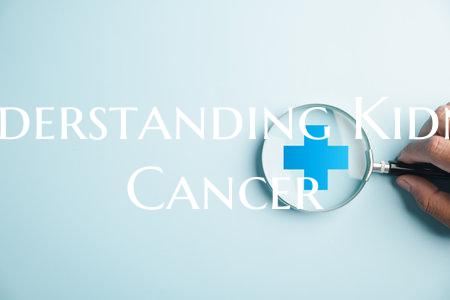
Understanding Kidney Cancer
Kidney cancer, also known as renal cancer, is a type of cancer that starts in the cells of the kidneys, the organs responsible for filtering waste products from the blood and producing urine. Understanding kidney cancer involves knowing its types, causes, symptoms, diagnosis, treatment, and prevention.
Types of Kidney Cancer: 1. Renal Cell Carcinoma (RCC): This is the most common type of kidney cancer, accounting for about 90% of cases. 2. Transitional Cell Carcinoma: This type of kidney cancer starts in the lining of the renal pelvis and ureter. 3. Wilms Tumor: This is a type of kidney cancer that primarily affects children.
Causes and Risk Factors: The exact cause of kidney cancer is unknown, but several risk factors can increase the likelihood of developing the disease. These include smoking, obesity, high blood pressure, family history of kidney cancer, and exposure to certain chemicals like trichloroethylene.
Symptoms: The symptoms of kidney cancer may include blood in the urine, persistent back pain, unexplained weight loss, fatigue, and a lump in the abdomen. However, kidney cancer may not cause any symptoms in its early stages.
Diagnosis: Diagnosing kidney cancer typically involves a combination of imaging tests like CT scans and MRI scans, blood tests, and a biopsy to confirm the presence of cancerous cells.
Treatment: Treatment options for kidney cancer depend on the stage of the disease and may include surgery, targeted therapy, immunotherapy, radiation therapy, and chemotherapy. The goal of treatment is to remove the cancerous cells and prevent the cancer from spreading.
Prevention: While some risk factors for kidney cancer, such as family history, cannot be controlled, there are steps individuals can take to lower their risk. These include quitting smoking, maintaining a healthy weight, eating a balanced diet, staying physically active, and avoiding exposure to harmful chemicals.
In conclusion, understanding kidney cancer involves being aware of its types, causes, symptoms, diagnosis, treatment options, and preventive measures. Early detection and timely treatment are crucial for better outcomes in managing kidney cancer. If you experience any symptoms or have concerns about your kidney health, it is important to consult a healthcare professional for evaluation and appropriate management.